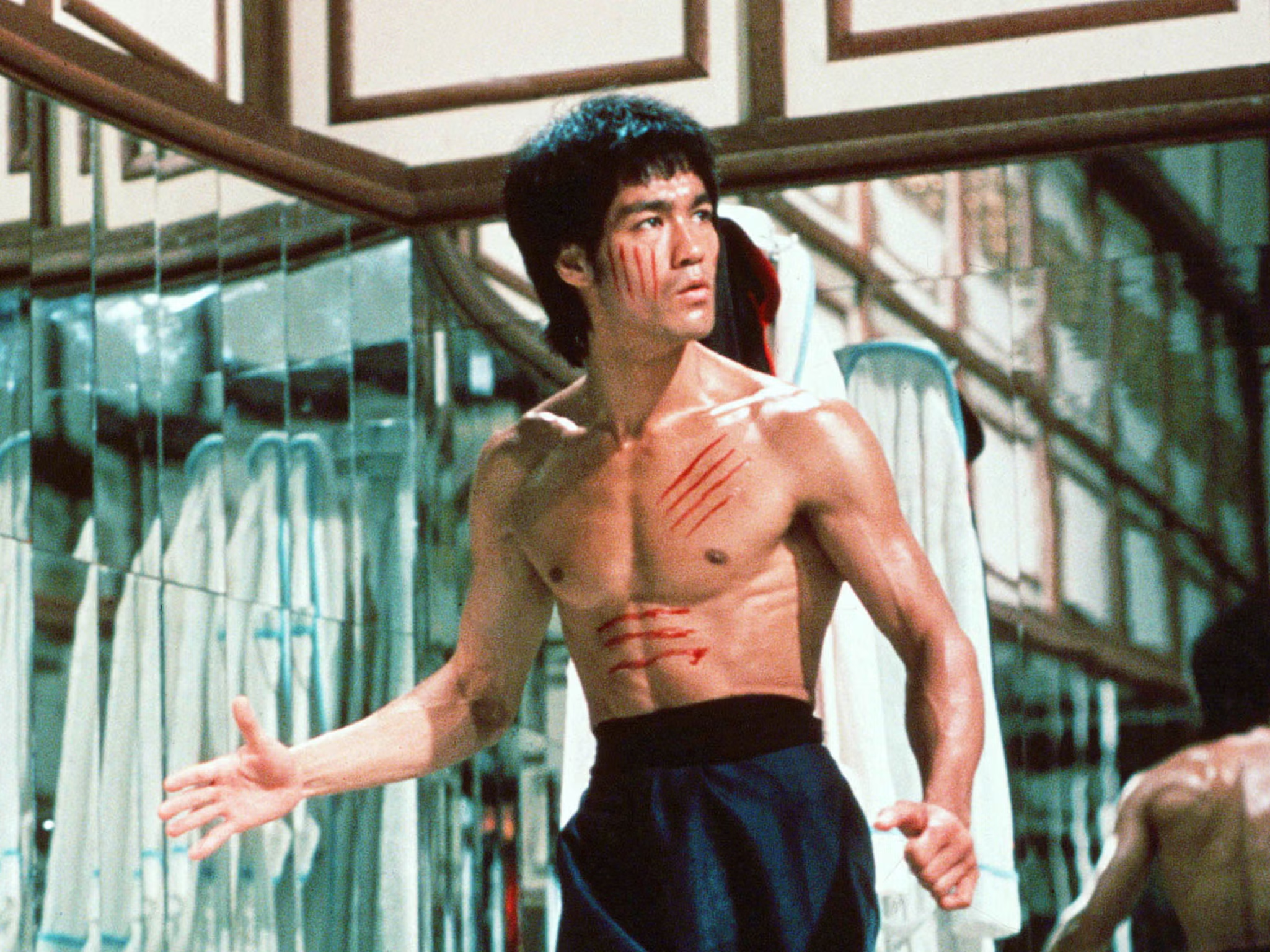Bruce Lee's Influence on Martial Arts Films Remains Unmatched
By James Moreau | 20 May, 2025
His life was tragically cut short over 50 years ago, but Bruce Lee's revolutionary approach to martial arts and his impactful films cemented his status as a Hollywood legend whose influence remains strong today.
Martial arts film icon Bruce Lee left a Hollywood legacy that still resonates today. Despite his death over 50 years ago at age 32, Bruce Lee was the second most frequently named person in a 2023 survey asking Americans to name a famous Asian American.
With a staggering $400 million in box office earnings in 1973 (equivalent to a remarkable $2 billion today), Enter the Dragon, an American-Hong Kong co-production, stands as Lee's most commercially successful film. This was his final appearance in a completed film, though footage directed by Lee himself in late 1972 was used to assemble The Game of Death released posthumously in 1974.
Lee died July 20, 1973 from a cerebral edema some hours into a visit to the apartment of Hong Kong actress Betty Ting Pei, widely thought to have been Lee’s mistress.
Born in San Francisco to a Chinese-German mother and a Chinese father, Lee spent his formative years in Hong Kong. His father introduced him to the art of tai chi early on, a foundation that paved the way for his first starring role at age of 9 in the 1950 Hong Kong film The Kid, where he shared the screen with his father.
Lee made the move to the United States in 1959. At a martial arts exhibition his talent caught the eye of a TV producer, leading to his role as Kato in the 1966 TV series Green Hornet. His Hollywood success helped Lee later secure his first leading role in the 1971 Hong Kong film, The Big Boss, which was followed a year later by Fist of Fury, with both films smashing box office records for imported films.

Articles
- Tariffs Caused Most Hardship to US Small Businesses
- Lawmakers Slam State Dept. for 3-Day Delay in Notice to Leave Mideast
- Among Luxury Brands Cartier, Zegna Most Exposed to Mideast Risk
- 'Whatever It Takes' Vow from US Talker-in-Chief Deepens Stock Market Selloff
- Asia-Europe Flight Ticket Prices Soar on Gulf Airport Closures
Asian American Success Stories
- The 130 Most Inspiring Asian Americans of All Time
- 12 Most Brilliant Asian Americans
- Greatest Asian American War Heroes
- Asian American Digital Pioneers
- New Asian American Imagemakers
- Asian American Innovators
- The 20 Most Inspiring Asian Sports Stars
- 5 Most Daring Asian Americans
- Surprising Superstars
- TV’s Hottest Asians
- 100 Greatest Asian American Entrepreneurs
- Asian American Wonder Women
- Greatest Asian American Rags-to-Riches Stories
- Notable Asian American Professionals

